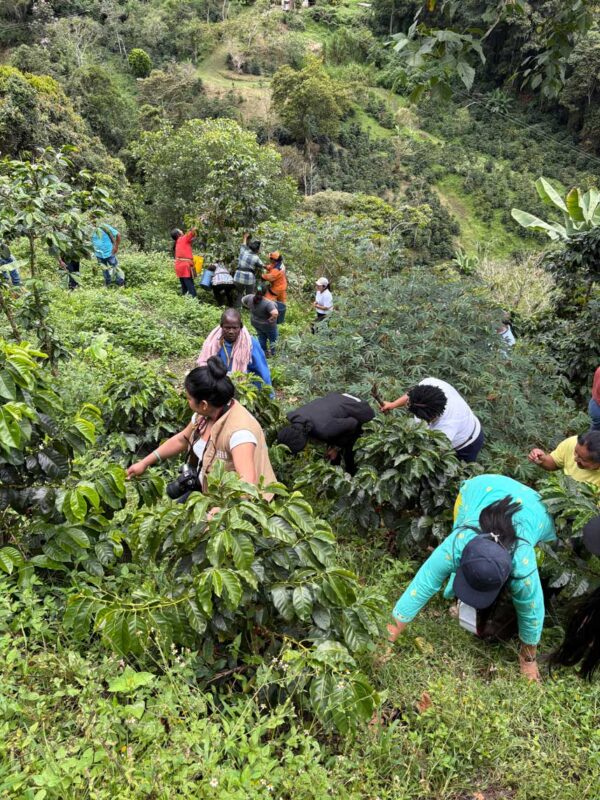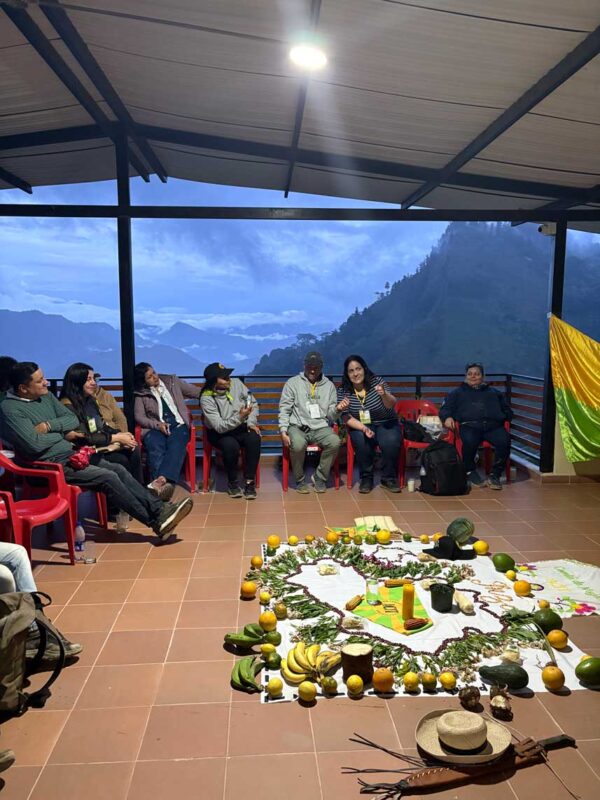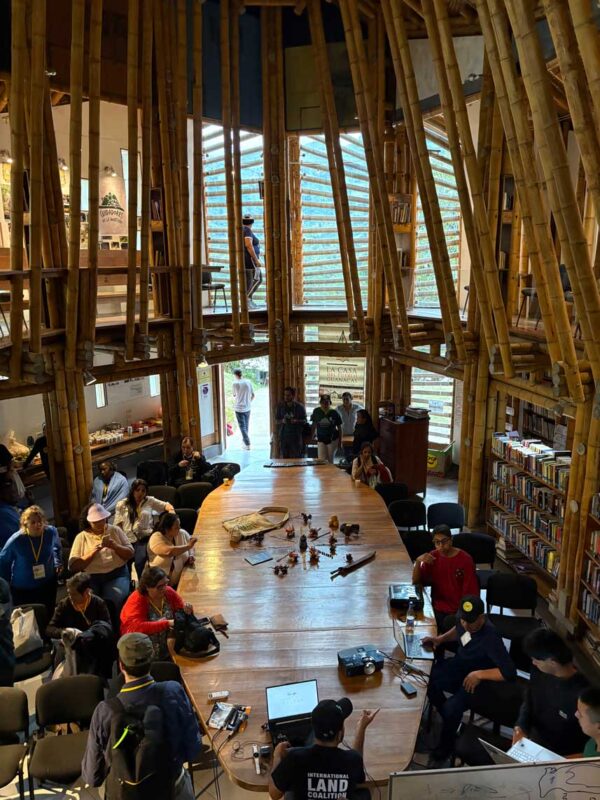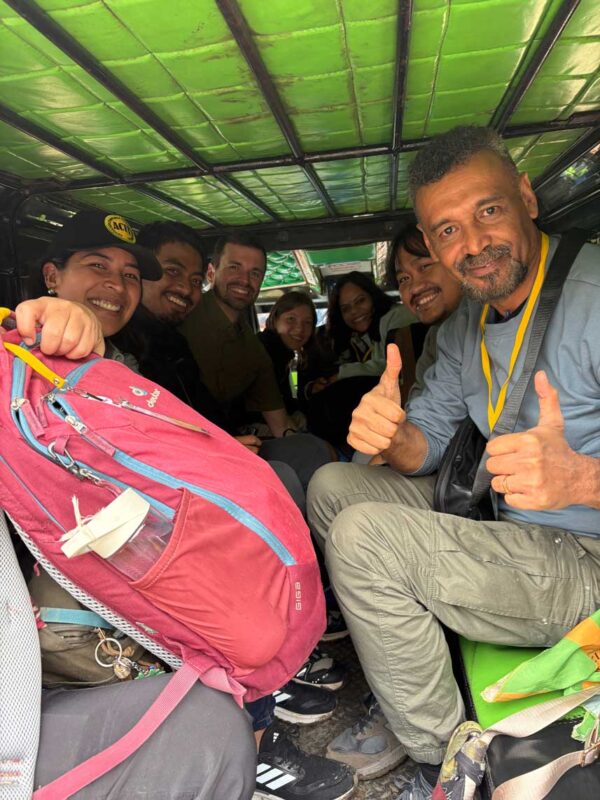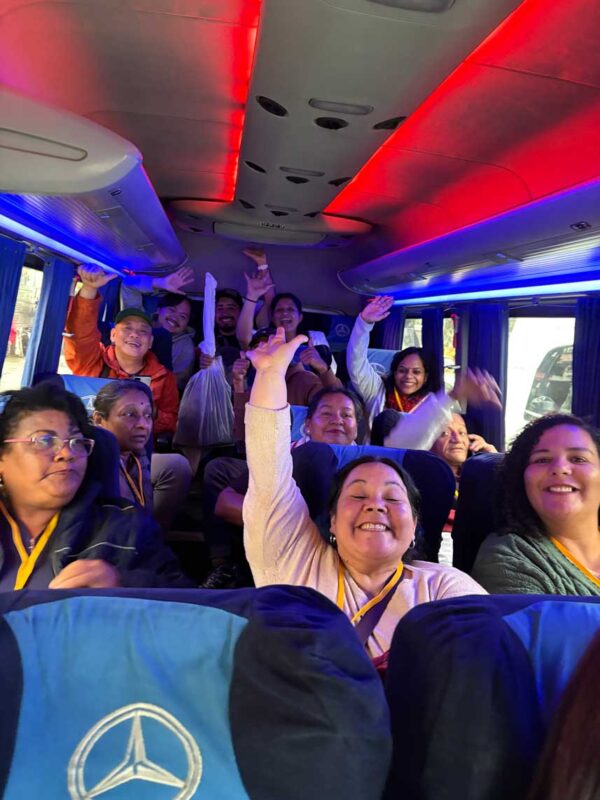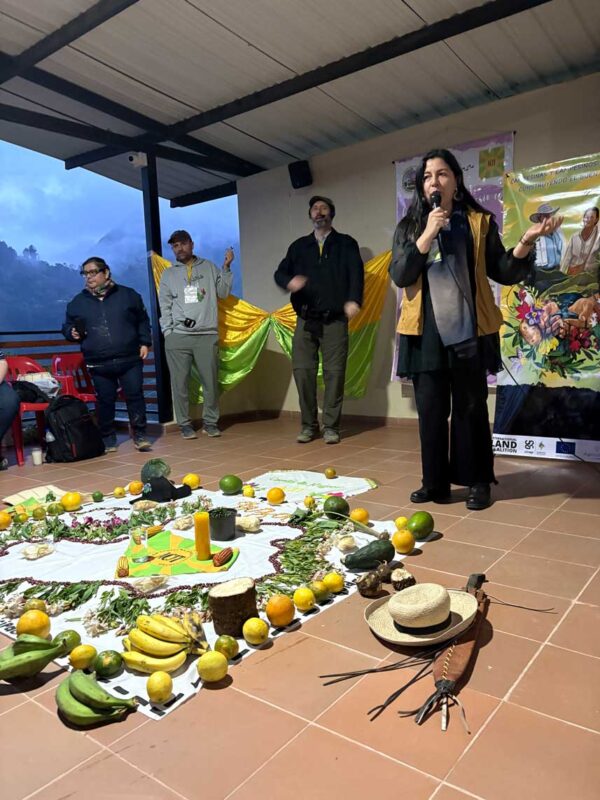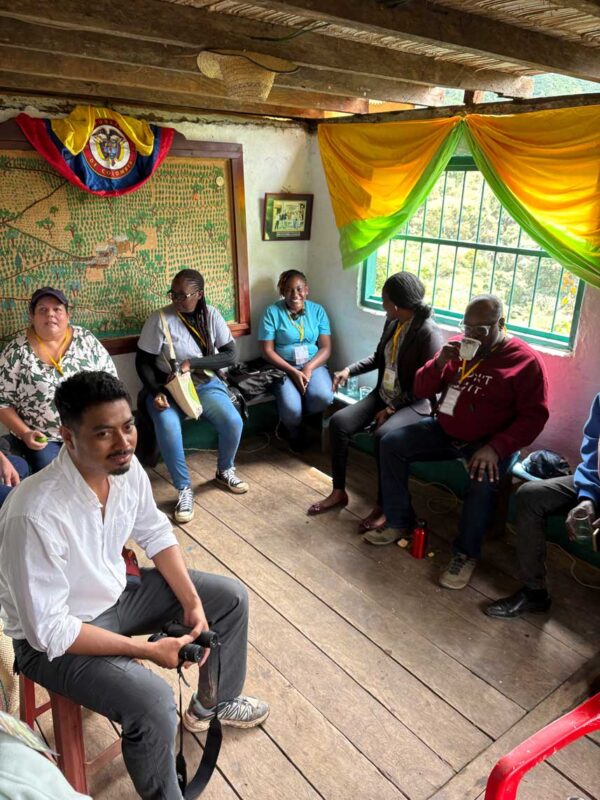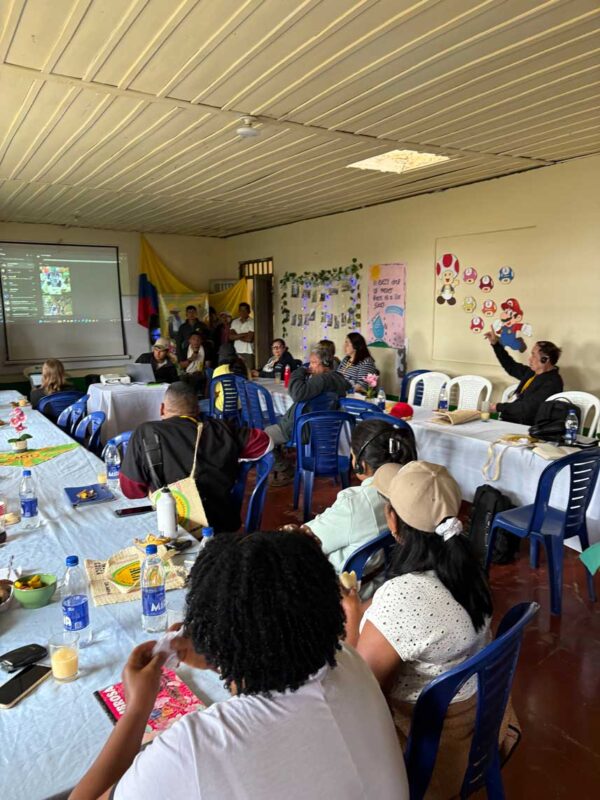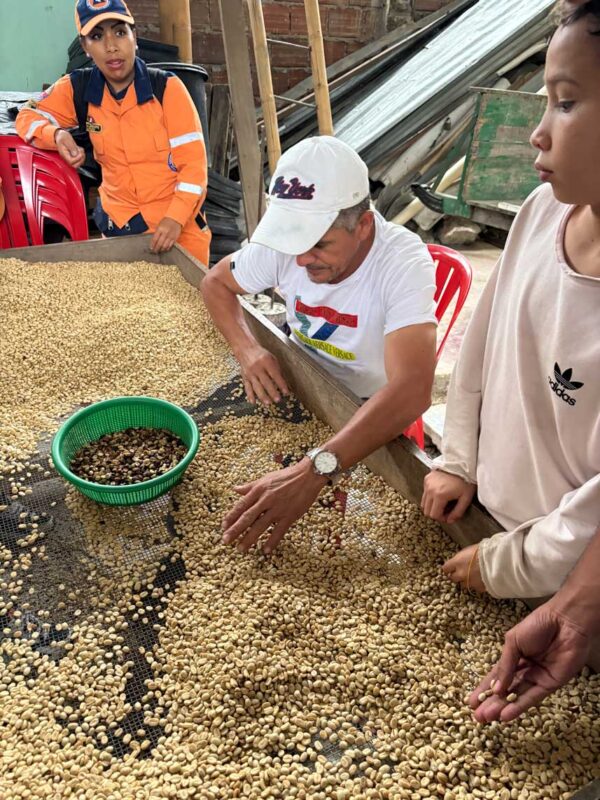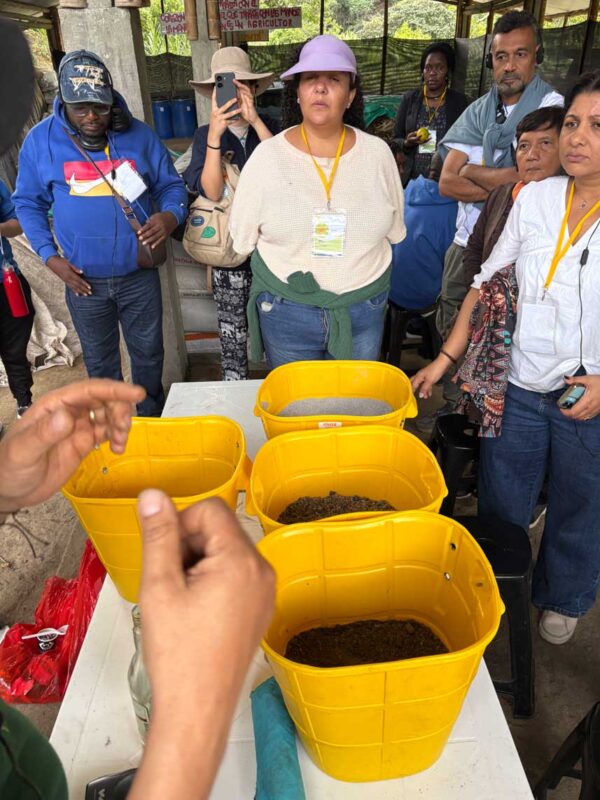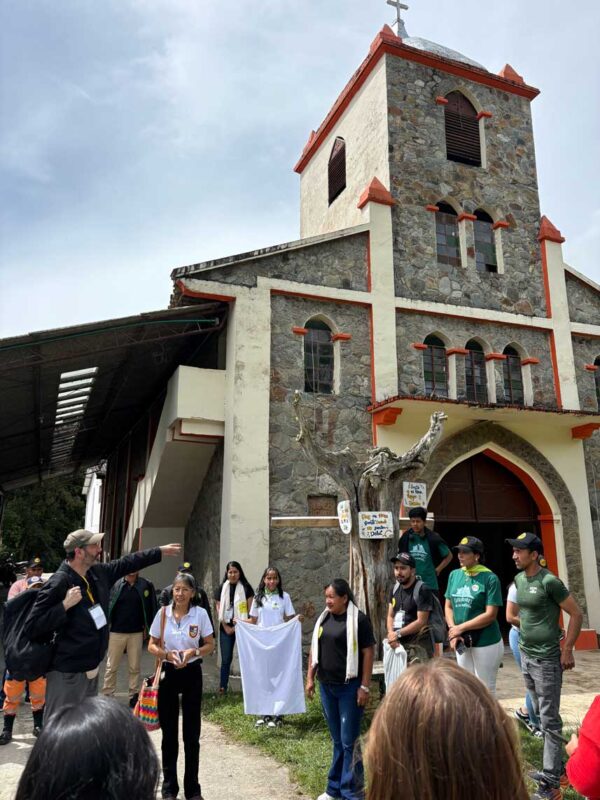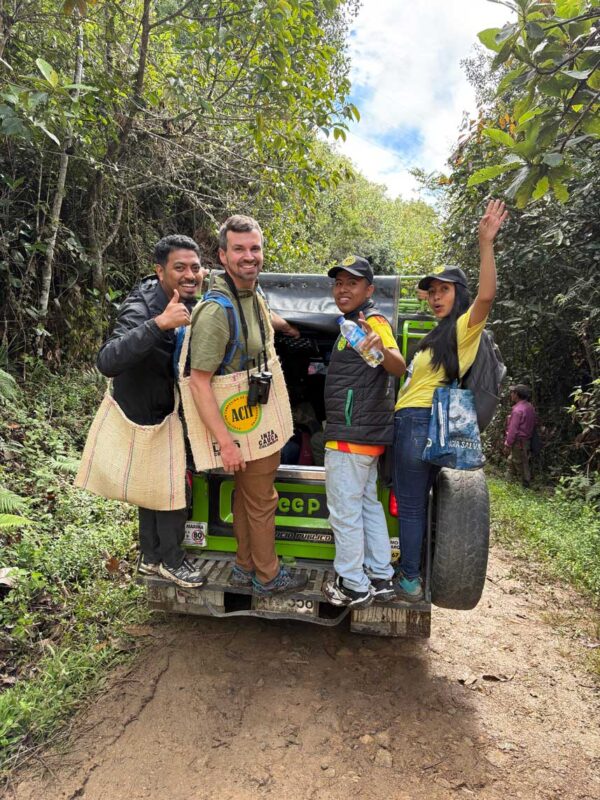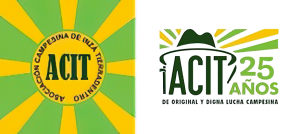The Inzá Tierradentro Peasant Association – ACIT was founded in 1997 with the aim of promoting the integral endogenous and self-managed development of peasants in the region, access to land, community participation in various political spaces and the creation of a Peasant Reserve Zone that ensures their autonomy and sustainability. Nearly 4,000 families are currently linked to or represented by ACIT, 65% of whom own less than 1 hectare of land.
ACIT uses various mechanisms of political influence and mobilisation to achieve comprehensive agrarian reform, correct the exclusion of peasants from the constitutional political pact and advance in the guarantee of rights for this population. It seeks recognition of peasants as political subjects and of their cultural, territorial, organisational, political and environmental dimensions vis-à-vis the State.
